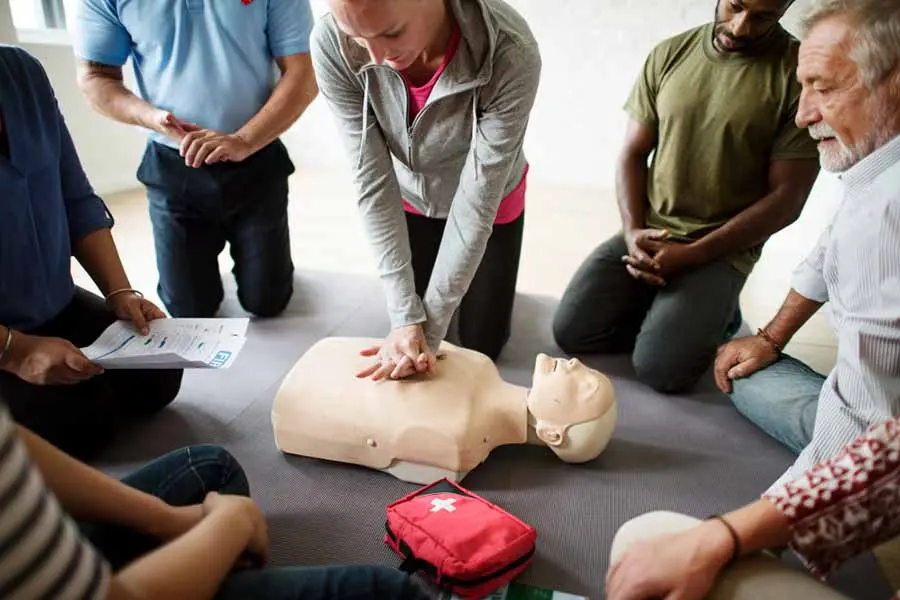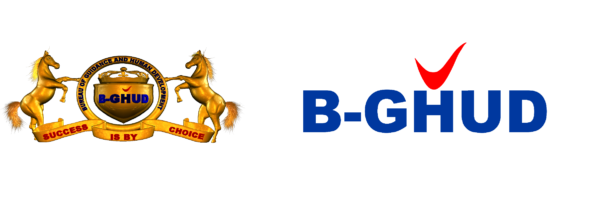Course Details
Home - Course Details
ACLS & BLS Coaching in Kerala
Description
ACLS (Advanced Cardiovascular Life Support) and BLS (Basic Life Support) are essential emergency response training programs for healthcare professionals. BLS provides foundational skills such as high-quality CPR, use of an AED, and basic airway management, enabling prompt response to cardiac and respiratory emergencies. ACLS builds upon these basics by equipping participants with advanced skills, including ECG interpretation, administration of emergency medications, and the management of complex cardiac conditions. Together, these certifications ensure that medical personnel are fully prepared to respond effectively in life-threatening situations and deliver critical care when it matters most.
Who should take this course?
ACLS and BLS courses are designed for healthcare professionals who are involved in patient care, including doctors, nurses, paramedics, and emergency responders. These courses are essential for those working in hospitals, clinics, urgent care centers, or any healthcare setting where emergency situations may arise. Additionally, individuals in roles such as respiratory therapists, medical students, and first responders can benefit from these certifications, as they equip them with the necessary skills to manage life-threatening emergencies and improve patient survival outcomes.
Course Overview - What we provide?
At B-GHUD Academy, our ACLS and BLS training programs are designed with the same level of commitment and expertise to ensure that healthcare professionals are fully prepared to handle life-threatening emergencies. Our comprehensive and structured curriculum focuses on equipping participants with the critical skills and knowledge required for effective emergency response. Whether you’re learning basic life support techniques with BLS or mastering advanced cardiovascular interventions with ACLS, our training programs cover all essential areas, including high-quality CPR, AED usage, airway management, ECG interpretation, and advanced pharmacology.
The courses are thoughtfully crafted to not only familiarize students with the key procedures but also to help them develop strong clinical judgment, critical thinking, and decision-making skills that are essential in emergency situations. We emphasize practical, hands-on training through simulations and real-life scenarios, allowing participants to practice and refine their skills in a controlled environment.
Our ACLS and BLS programs are structured to provide a solid foundation in emergency response, preparing healthcare professionals to confidently manage medical emergencies and improve patient outcomes. With a focus on interactive learning, practice assessments, and ongoing support, B-GHUD Academy offers a well-rounded training experience designed for professionals committed to delivering life-saving care.
Class schedule slots
FAQ
ACLS and BLS courses are designed for healthcare professionals, including doctors, nurses, paramedics, respiratory therapists, and emergency responders. These certifications are essential for those working in hospitals, clinics, urgent care centers, or any healthcare setting where they may need to respond to life-threatening emergencies.
BLS (Basic Life Support) focuses on foundational life-saving skills such as CPR, AED usage, and basic airway management. ACLS (Advanced Cardiovascular Life Support) builds on these skills by incorporating advanced techniques such as ECG interpretation, managing cardiac arrhythmias, and using emergency medications for critical care situations.
ur ACLS and BLS training includes hands-on practice in CPR, AED usage, airway management, and advanced life support techniques. The courses also cover critical topics such as drug administration, managing cardiac emergencies, and effective team dynamics during resuscitation scenarios.
The ACLS and BLS certifications are typically valid for two years. After that period, healthcare professionals are required to complete a renewal course to maintain their certification.
Yes, our ACLS and BLS courses are suitable for both beginners and experienced healthcare professionals. Our structured approach and interactive learning environment ensure that participants of all experience levels are able to grasp the essential concepts and techniques for emergency response.

Course Details:
Course Duration
1 Year
Eligibility
Minimum qualification of +2, Diploma, or Degree
Language:
English
Certifications
Digital, Physical
